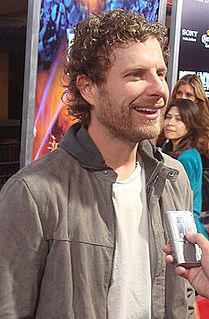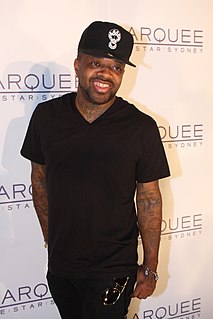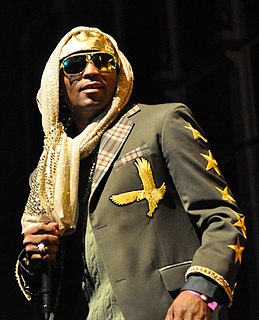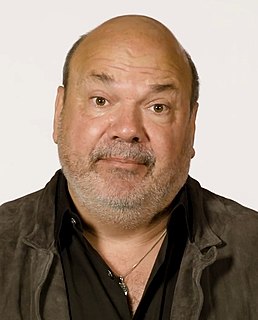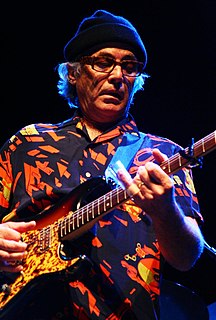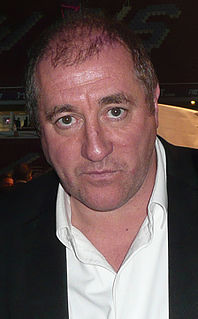A Quote by Bradford Cox
I think teenagers just don't have the persistence to pretend to like something they don't anymore. I used to do that - make myself like stuff that didn't immediately appeal to me. When you're 17 and checking out John Cage records from the library. It's not like it's got the hooks of a Ramones record, or a Beach Boys record. But at the same time, you're like, I know there's something in here that I'm supposed to understand. And then eventually you find it.
Quote Topics
Related Quotes
I ask myself all the time, 'Why keep doing this?' If I wasn't exploring or finding something to write about that was personal or meant something, there'd be no reason. If I was ever making a record just to make a record, or ever just like, 'Just put something out there that someone will buy,' I would quit.
You make a record like 'Jump,' people are stuck in that world. They want you to keep making records like 'Jump.' People don't understand that you got to move on; you got to do something else. You have to evolve and go to something else. And most of the time, when it's time for you to move, other people are not prepared for that move.
It was part of a financial situation. I could only afford records in thrift stores. Then you could find wonderful things, but now everything is a collectible. I like the recycling idea --using the stuff that people don't want anymore, and make new music out of it. There was an element of looking back and listening to your parents' records and doing something with that stuff. Sort of acknowledging the past while rejecting it at the same time.
It wasn't just like, "I want to make a record that sounds like classic rock" at all. It was more like, "I want to make a record that is a little more unsettling and maybe isn't as easily understood now." That just seemed more important, like, for me to make as an artist, than it was to make something to make people feel safe right away.
What I react against in other people's work, as a filmgoer, is when I see something in a movie that I feel is supposed to make me feel emotional, but I don't believe the filmmaker shares that emotion. They just think the audience will. And I think you can feel that separation. So any time I find myself writing something that I don't really respond to, but I'm telling myself, 'Oh yes, but the audience is going to like this,' then I know I'm on the wrong track and I just throw it out.
I call it "being interrupted by success." We had done The Soft Bulletin, which came out in 1999, and we knew we that were gonna make another record before too long. But in between this, we were still in this mode of kind of just - not re-creating what we could be, but kind of doing different things. For the longest time in the Flaming Lips we were like, "Make a record, go on tour. Come back, make another record," and you know, I think, frankly, we were kind of like, "There's more to life than just recording records and going on tour."
I haven't been walking around for years with some burning desire to do a solo record. If I had, maybe I'd have made a record that was experimental. Usually, the idea of a solo record is to get some weird stuff out of your system, but I don't think like that. I wasn't interested in making something that was a hard listen - maybe I'll get around to that some other time. I wanted it to sound effortless, not like I was trying to reinvent the wheel.
Before computers were everywhere I used record books, the old-fashioned way. I loved to cram, and I still love to cram, anything I write with extra facts, stuff I picked up. At the same time, especially in this day and age, you've got to make it sound like, or read like, you've not just been Googling because that's not fair, that's not right!


